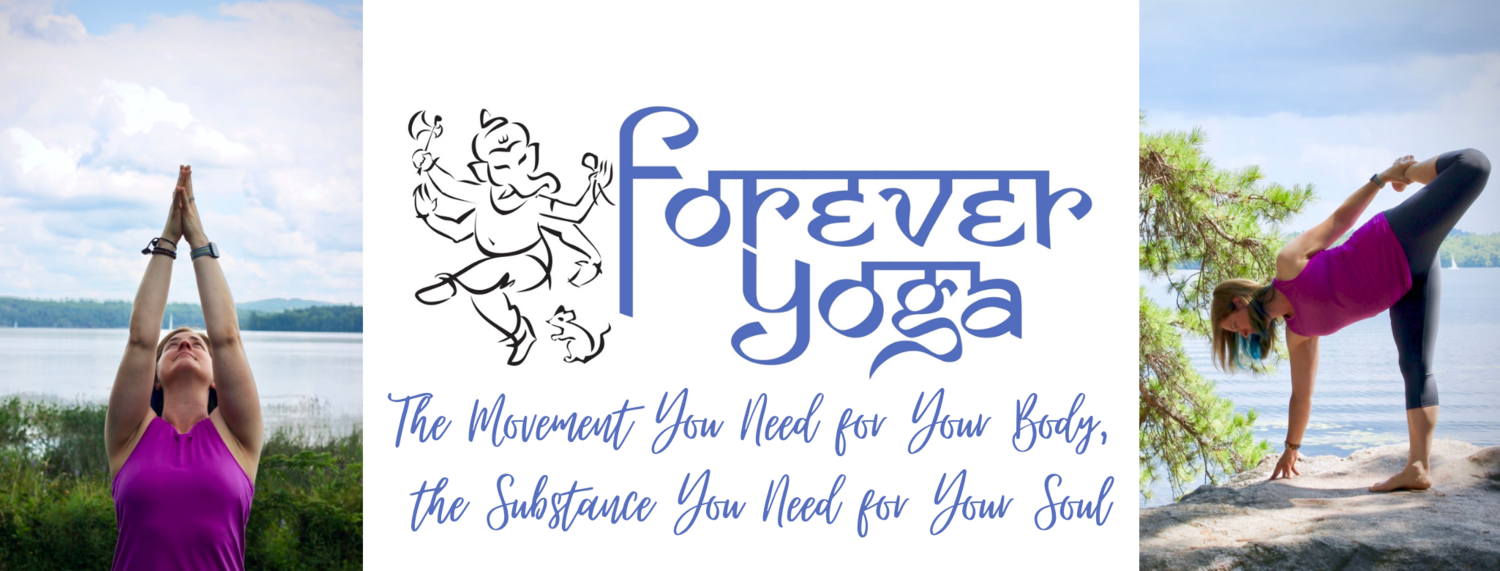What happened when I did 40 days of Lovingkindness Meditation for The Difficult Person
/A dear friend came to me on January 1st and said, “I want to do a 40 day lovingkindness practice. Will you do it with me?” You’d think that would be something I’d jump at, but you’d be wrong. I knew I should, but I can best describe my ethos going into the first practice as “kicking and screaming”. Almost literally. And yet somehow I just completed 40 days of the practice!
The most interesting part to me was the part where I offered the phrases to The Difficult Person. I’ll let you know who that was in a moment.
If you aren’t familiar with this practice it’s a pretty interesting one. Similar to mantra, some phrases are repeated in this practice but they are offered to a progressive series of beings, starting with oneself. I usually go with the following phrases:
May I be happy.
May I be healthy.
May I be safe.
May I be free from fear and worry.
May I live with ease.
(Replacing “I” for “you” when offering to another person.)
For my 40 day practice, I decided to eliminate the 4th phrase and to only offer to the following beings: myself, someone I love, The Difficult Person and all beings everywhere. I was only doing 9 minutes per practice so I needed to condense things.
On my first day of practice, with my friend sitting next to me, I was fascinated at how much things changed as I offered these phrases to the different people, especially The Difficult Person. (Side note - some traditions even call this person “the enemy”. I don’t necessarily subscribe to that notion, but it’s nice to know even monks understand that relationships with others are not always easy!) When I got to The Difficult Person, I felt my whole body tighten up as if to say “I don’t WANT to offer happiness to this person!! Look at what they’ve done!!” I especially noticed my lips tighten as if trying to form the snarl that I felt inside.
This sensation persisted for the next several days. But I quickly found myself thinking, “If this person was truly happy, healthy and safe, maybe they wouldn’t be so awful! Maybe we need everyone to do this practice for them!”
With those thoughts, my body began to soften. I still wasn’t entirely happy about doing the offering and I certainly didn’t notice the same heart connection I did as my practice progressed with the person I chose as the person I loved, but there was an ease coming in.
The physical sensation of tightness in my body returned, apparently reflecting the tightening in my mind and heart.
But it was different. Noticeably so. It was maybe 50% as tight as it was when I began the practice.
Not long after this I found this passage about the Difficult Person in Sharon Salzberg’s book Lovingkindness:
“In the same way that cultivating lovingkindness toward a benefactor is easy, feeling kindness toward an adversary can be just as difficult. In order to begin to develop Metta toward a person with whom we have problems, we must first separate our vision of the person from the actions they commit that may upset or harm us. All beings are deserving of care, well-being, of the gift of lovingkindness. In developing Metta, we put aside the unpleasant traits of such a being and try instead to get in touch with the part of them that deserves to be loved.”
As I’ve been talking about in classes recently, the great ones from all the world’s great traditions tell us that we are Love, we came from Love and we will return to Love. All of us. That can be hard to fathom when we find ourselves face to face with the actions of a person that we’ve labeled as anything but Love. That’s true whether they are living in our home or we see them on television on a regular basis. But as Sharon says above, instead of separating them from us, we have to be willing to separate the actions from the truth inside and recognize that we are the same. And in some situations, that’s no easy task.
As I finished my 40 days of practice I started to notice outside of my practice that my reactions to The Difficult Person had softened when I heard about him or what he had done on Facebook or TV. I still don’t agree with him, I still wouldn’t have lunch with him, and I still wouldn’t vote for him, but I think I’ve begun, just the tiniest bit, to separate the actions from the being inside.
I know this isn’t going to change anything for The Difficult Person, but it has changed something for me. They say anger is like holding a hot coal and expecting the other person to feel pain. I’ve managed to give myself the gift of a little less anger through this 40 day practice. That seems like a pretty powerful gift to me.
Oh. And if you haven’t already figured it out, My Difficult Person is the current president of the United States.





